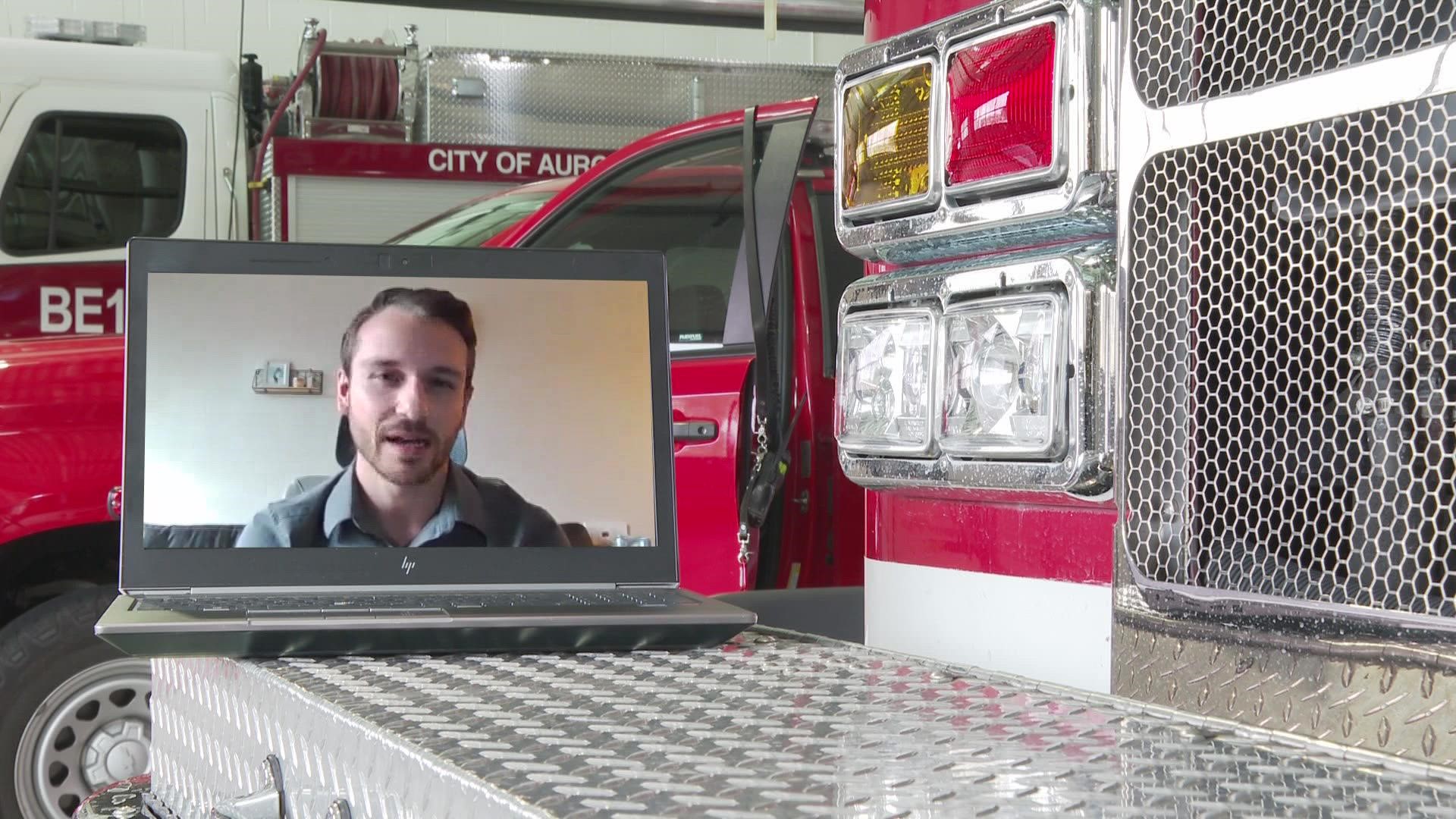AURORA, Colo. — The Aurora911 call center receives upwards of 300,000 calls each year. Around 50,000 of those 911 calls are medical-related.
About 10,000 to 15,000 of those medical calls do not require an emergency medical response or ambulance. That's why Aurora is introducing a new service, called Nurse Navigation, that diverts those calls to an appropriate level of care.
The goal is to be more efficient and effective, and save patients money. Boulder, Longmont, and Pueblo are also participating in the program. It's being funded by a pilot grant program passed last year in the state legislature.
"People need access to the right care at the right time," said Joey Samuels, professional development specialist at Aurora911. "It frees up our responders to answer more 911s and to respond quicklier to those critical incidents."
He said 911 callers who have non-emergent injuries or illnesses will be diverted to a licensed nurse for assessment.
"That can include self-treatment, a virtual telehealth appointment with a physician or even a non-ambulatory transport to and from a local healthcare provider, since we know those ambulance rides can get pretty costly," he said.
The service launched in Aurora on Oct. 5. During the first three weeks, 203 cases were diverted to nurses. Of those, 19% were referred to a telehealth visit and 81% to a clinic or urgent care.
Tina Buneta, director of Aurora911, said trying to get healthcare through an emergency department isn't efficient or effective.
"We're clogging up emergency rooms with people who probably could be seen quicker and be treated and sent home to rest and recover faster," she said. "By diverting in that correct way we are keeping our emergency lines and our EMS and fire available for when it matters the most, when life and death is on the line.”
She said leveraging urgent care clinics, telehealth, or a trip to the doctor's office also saves the patient time and money.
"Not only is it going to help them save money, it's going to expand healthcare access to those underserved populations as well," Samuels said.
Buneta said Nurse Navigation also helps 911 callers establish relationships with a healthcare provider, if they don't have one already. The hope is then those patients won't need to call 911 anymore for non-emergency medical help.
She said they're also hiring for new emergency communications recruits.
SUGGESTED VIDEOS: Latest from 9NEWS

